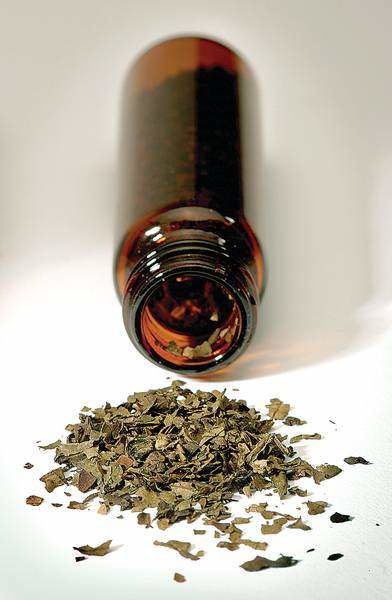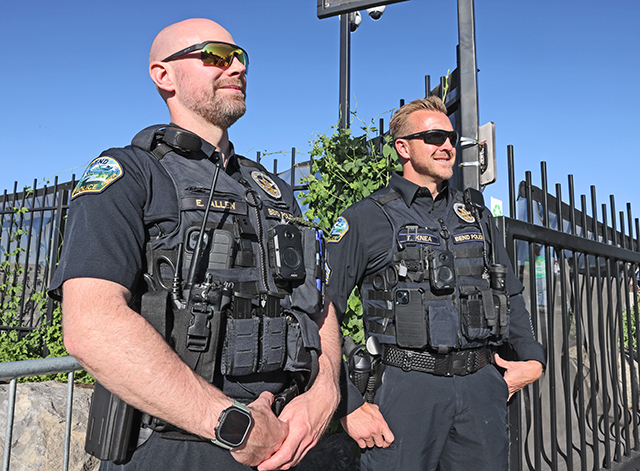A hallucinogen for hipsters to use, or a future medicine?
Published 5:00 am Thursday, May 22, 2008

- Salvia divinorum, an herb with hallucinogenic properties, is widely available at tobacco shops and botanical stores. Teenagers are using it recreationally in greater numbers, and it is on the DEA “drug of concern” list. But researchers are concerned that designating the herb as a controlled substance will thwart efforts to discover whether it has potential as a medicine.
It’s been almost 50 years since a generation of young people were urged to “turn on, tune in and drop out” with the aid of psychedelic drugs. But at least one hallucinogenic drug remains legal and widely available — and it’s become popular with today’s teenagers.
The drug, an herb called Salvia divinorum, is not new. Historically, it was used by the Mazatec Indians in Oaxaca, Mexico, for religious or healing rituals. But now high school and college students are using salvia for a brief psychedelic high, a trend well documented on YouTube and teen Web sites in the past few months.
The Drug Enforcement Administration and California state legislators are grappling with the question of what to do. The potentially dangerous herb is offered for sale online and at tobacco and smoke shops, head shops and botanical stores, but little is known about the effect of the drug on health and safety, the extent of its use or if it has begun to filter into the culture of younger teens.
Some researchers worry that attempts to make salvia illegal or designate it as a controlled substance might thwart studies into the drug’s healing properties.
“We have people getting intoxicated on it, and there have been injuries,” says Dr. John Mendelson, a senior scientist on addiction pharmacology at California Pacific Medical Center Research Institute in San Francisco. “But scheduling the drug as a narcotic is playing a big, big hand. If you’re caught with it, you go to jail. Are we really interested, at this juncture, in making the drug illegal through this mechanism?”
At least four states — Delaware, Missouri, North Dakota and Illinois — have outlawed salvia. Meanwhile, the DEA lists salvia as a drug of concern and is “in the process” of looking into the drug to determine whether it should be declared a controlled substance, says Rogene Waite of the DEA’s public affairs office.
Most people involved in the debate agree that more information is needed about the drug. But the few attempts to better understand salvia have been part of research on its potential as a therapeutic.
The drug acts on kappa-opioid receptors, cell proteins that bind to specific molecules, which are widely distributed throughout the body, Mendelson says. Animal studies indicate substances that activate this receptor might block pain without the addictive effects caused by opiates.






